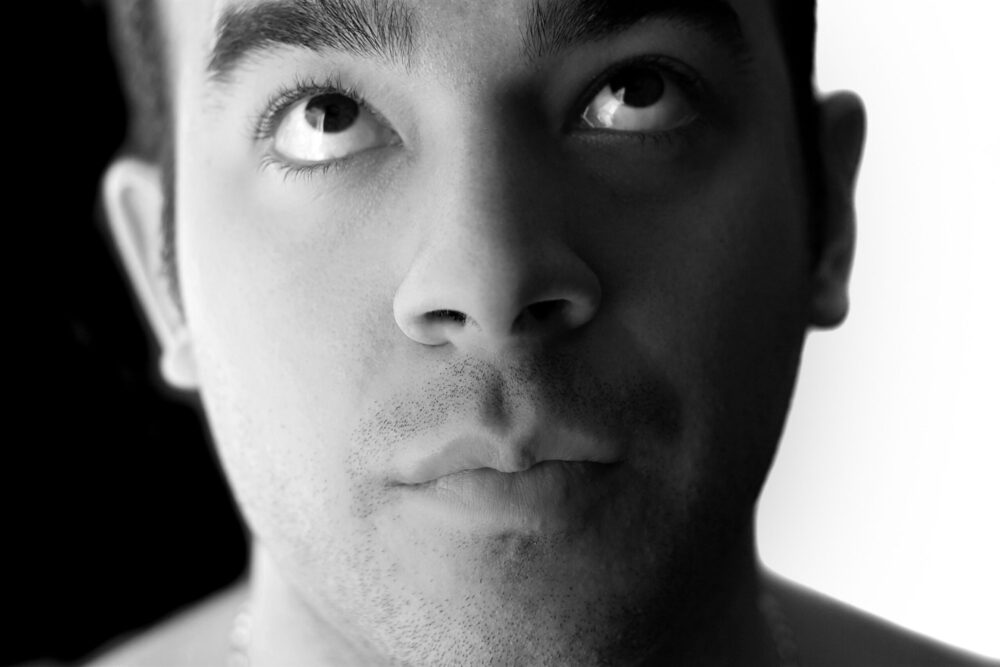When people say things like “think positive!”, “change your thoughts,” or “pause” I just want to scream. When you’re in the middle of a crisis (or perceived crisis), these words are not only unhelpful but also hurtful. If you’re stuck in a cycle of unhealthy thoughts, you already feel like you’re failing. And then here we go again on the merry-go-round!
That being said, there are things you can do to change your thinking pattern and try to start feeling better. Of course, it won’t happen overnight, but with time and effort, you can get to a place where you’re managing your thoughts instead of them controlling you.
- Acknowledge your thoughts.
Acknowledge that you’re having negative thoughts. Period. Don’t try to push them away or tell yourself not to think about them. Instead, feel your feelings; just don’t live there.
- Reframe your thoughts.
Once you’ve acknowledged your thoughts, it’s time to start challenging them. Are they really true? Do they help you in any way? Or are they just keeping you stuck in a cycle of negativity?
- Find a healthy outlet.
If you’re feeling overwhelmed by your thoughts, finding a healthy outlet for them is crucial. Write them down, talk to a friend or therapist, or even just take some time to yourself to process what you’re thinking and feeling.
- Practice self-compassion.
This is so huge for me. Watch how you talk to yourself. Just watch for one day. If you’re like me, you’ll be shocked at what you find. We are much harder on ourselves than we would ever be on another person. Be gentle with yourself.
- Take things one day at a time.
Focus on today. That’s it—just today. Tomorrow will take care of itself. And if today is too much, just take it one hour at a time, or even one minute at a time. Be where your feet are!
- Make a plan.
When you’re feeling lost in a sea of negative thoughts, it can be helpful to make a plan. What are some things you can do to start feeling better? Write them down and refer to your list when you need to. Then, do one small task and control the crap out of it!
- Seek professional help.
If you’re struggling to manage your thoughts on your own, please seek professional help. This is not a sign of weakness; it’s a sign of strength. It takes courage to face your demons and get the help you need. Don’t be afraid to ask for help. Typically, people who are there to help when most needed, were in your shoes too or someone close to them was. That’s why they went to college to become a therapist; to help people!
Why negative thoughts come in mind
Spiraling negative thoughts can be a result of overthinking. This tends to happen when we have few distractions – which is why lying awake at night churning things over in our mind is a familiar feeling to many. At the time, negative thoughts may seem completely rational and logical. So we believe them to be true. This is why stepping back and seeing things objectively can be difficult.
Negative thoughts might also come from comparing ourselves to others or feeling like we’re not good enough. Low self-esteem makes us more likely to believe negative things about ourselves – even if there’s no evidence to support them.
It’s also worth bearing in mind that some negative thoughts might be a reaction to something that’s happened. If we’ve experienced trauma or loss, it’s normal for our minds to try to make sense of what happened. This can result in intrusive thoughts or flashbacks.
Some people are just more prone to anxiety and worry than others. This might be due to genetics, brain chemistry, or life experiences. If you tend to worry a lot, breaking the cycle of negative thinking can be challenging. But it is possible with a lot of effort and practice. Be gentle and take it in bite-sized pieces. Someone once asked me how do you eat an elephant, and I asked them, “how?” They said, “One bite at a time, “
Additionally, becoming a part of a group of like-minded people working on helping themselves and others will lighten the load tremendously. It will also assist us in seeing that there are other ways of doing things we struggle with and, most importantly, that we are not alone. We, as human beings, do better with others. So finding a group of people, you can trust who understands and will help you on your journey is significant.
We can do many things to help ourselves when we are struggling with negative thoughts. But it’s important to remember that everyone is different. What works for one person might not work for another. So it’s essential to find what works best for you and be patient with yourself. The most important thing is to keep going even when it feels hopeless.
Is it okay to feel hopeless?
An excellent example of how serious it is to really feel deep, hopelessness; I always remember the scene in the old classic movie “It’s A Wonderful Life” where the angels were talking about the main character’s state of mind before sending the angel in training down to earn his wings. The angel in training asks, “Is he sick?” The lead angel replies, “No worse. He’s discouraged,”.
We all have our own definitions of hope and hopelessness, but the emotions we experience are real and valid. Feeling hopeless may be a natural, universal response to personal and world events that impact our lives. It can also be a symptom of depression, adjustment disorders, and other mental health conditions. Do not ignore this feeling. Don’t “live” in that space but address it, or it will address you.
What do you do when it all seems hopeless?
Fortunately, there are some things you can do when you feel hopeless to make life a bit better—no matter how bad things might seem, at least for the moment.
- Consider that your brain might be lying to you.
- Argue the opposite.
- Think about what you gain from being hopeless.
- Consider what you could gain from developing hope.
- Engage In problem-solving.
- Reach out to a trusted friend,
- Make a plan (for what? Anything!)
- Take action
- And again, seek professional help
Managing Unhealthy Thoughts
In conclusion, it is crucial to understand that we all go through tough times; sometimes, our brain lies to us and tells us that things are hopeless. But if we take a step back, we can see that there is always some hope—no matter how small it might be. We just have to look for it, and with help, we never have to do it alone.


